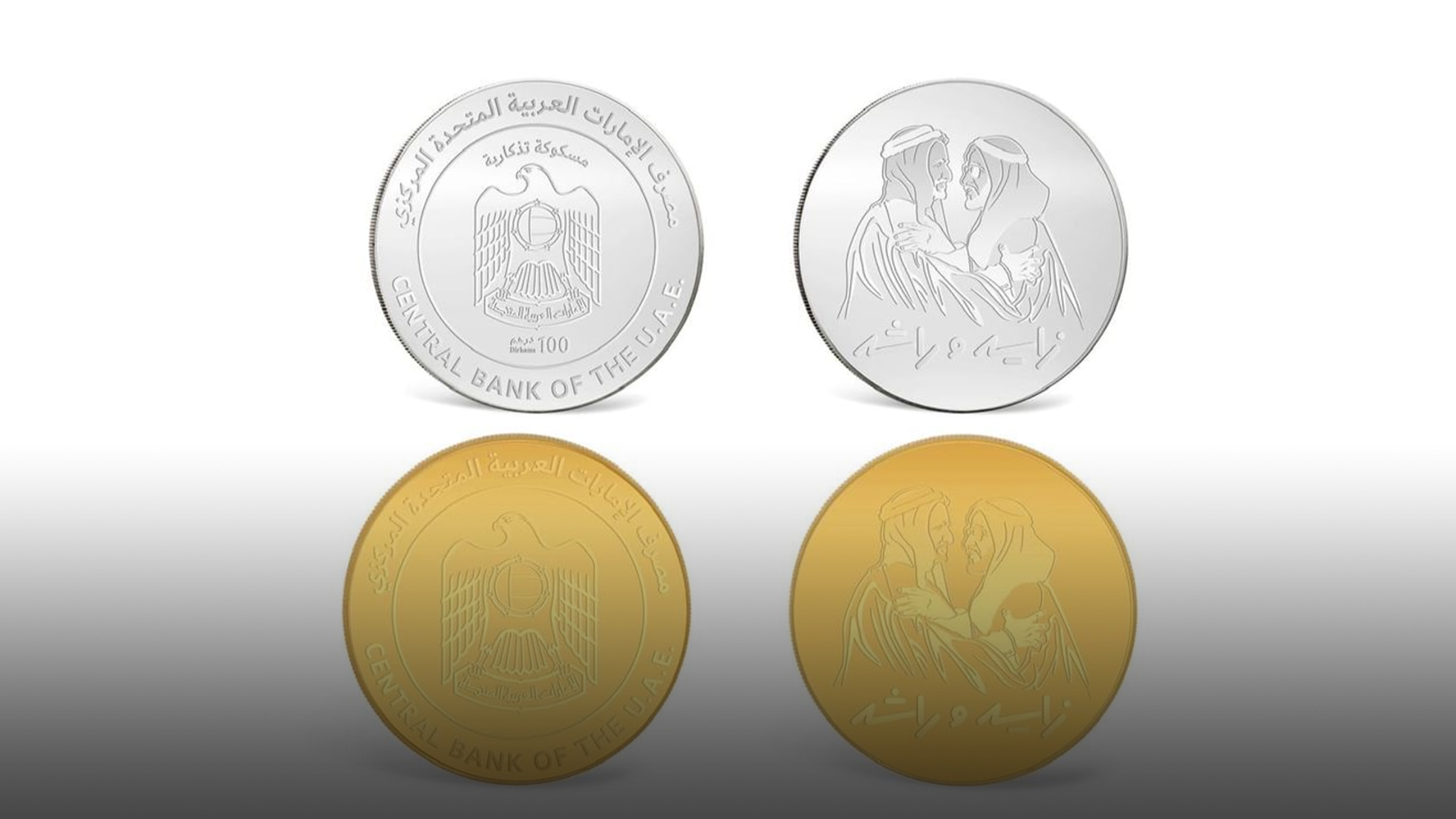In a decisive move to strengthen the UAE’s digital payments landscape and broaden consumer access to global financial networks, Al Etihad Payments (AEP), a fully owned subsidiary of the Central Bank of the United Arab Emirates (CBUAE), has officially signed co-badging agreements with some of the world’s most renowned international card schemes. The agreements, which include prominent names such as Visa, Mastercard, Discover, and UnionPay, mark a transformative step in aligning the UAE’s domestic payment systems with global networks, ultimately offering residents and businesses more seamless, secure, and efficient financial transactions.
These strategic partnerships are designed to support the UAE’s overarching vision of becoming a regional leader in financial innovation. The co-badging initiative will facilitate the integration of the upcoming Jaywan card—a national debit card being rolled out by AEP—with the global acceptance and functionality of these international payment providers. As a result, consumers will be able to use their Jaywan cards not only within the UAE but also across the world, backed by the reliability and reach of these global card schemes.
This development comes at a time when the UAE is experiencing rapid digital transformation across all sectors, with financial services being one of the key areas of focus. With increasing demand for digital-first solutions, cross-border interoperability, and heightened cybersecurity, the co-badging model will help the country meet international standards and offer inclusive financial products to its diverse population.
AEP’s Strategic Role in UAE’s Financial Transformation
Al Etihad Payments plays a pivotal role in the CBUAE’s digital transformation agenda. As the operator of the national domestic card scheme, AEP has been tasked with creating a robust infrastructure for payments that supports innovation while adhering to the highest standards of safety and transparency. The launch of the Jaywan card is one of AEP’s key initiatives to enable efficient, cashless transactions that align with the national goal of transitioning to a digital economy.
By signing co-badging agreements with Visa, Mastercard, Discover, and UnionPay, AEP is ensuring that its domestic payment products gain international compatibility. This move not only empowers UAE residents to carry out transactions seamlessly when abroad but also boosts merchant acceptance of Jaywan cards globally. These agreements are part of a broader effort to harmonize local payment schemes with international frameworks, thus promoting financial inclusion and efficiency.
Empowering the Jaywan Card Through Global Reach
The co-badging agreements are specifically aimed at enhancing the functionality of Jaywan, the national debit card developed to reduce dependency on foreign-issued cards and streamline domestic spending. Co-badging allows a single card to carry both the local Jaywan credentials and those of a global payment scheme. This hybrid model gives cardholders the flexibility to use their cards for local transactions via the national payment infrastructure while also enabling international usage through the respective global networks.
Such functionality is particularly valuable in a country like the UAE, which is home to a highly mobile population and a significant expatriate community. Whether for travel, remittances, or international e-commerce, users will benefit from enhanced interoperability and reduced friction in cross-border transactions. For local banks and fintech providers, co-badging opens up new opportunities to issue cards with broader functionality while complying with the regulatory oversight of the Central Bank.
Strengthening Cybersecurity and Data Sovereignty
One of the underlying motivations for developing the domestic payment scheme and pursuing co-badging agreements is the UAE’s commitment to data sovereignty and cybersecurity. By anchoring transaction processing within the country’s borders, AEP ensures that sensitive financial data remains under national jurisdiction, reducing exposure to external threats and supporting the UAE’s broader cybersecurity strategy.
The global card schemes partnering with AEP must adhere to stringent security protocols and regulatory frameworks outlined by the Central Bank. This guarantees that while Jaywan cardholders benefit from global access, the underlying data remains protected by UAE-based infrastructure and legal safeguards. This model provides an optimal balance between global usability and national data protection, a feature that resonates strongly in the modern digital economy.
Enhancing Consumer Experience and Financial Inclusion
The integration of co-badging into the UAE’s payment ecosystem is also a significant leap forward for enhancing the consumer experience. For the end user, the co-badged Jaywan card means greater flexibility, fewer cards in their wallet, and streamlined financial interactions. Whether making purchases in Dubai or dining in New York, the cardholder’s experience remains consistent, secure, and efficient.
Furthermore, this initiative plays a crucial role in financial inclusion, especially for underserved and unbanked populations. By reducing reliance on foreign card issuers and increasing local issuance backed by global reach, more residents—including low-income earners and newcomers—can access modern banking services. This accessibility strengthens the overall financial system and contributes to the national economic development agenda.
Boosting Merchant Acceptance and Business Efficiency
For businesses, especially merchants operating in both physical and digital retail, the arrival of a co-badged card brings immediate advantages. Merchants will no longer need to differentiate between domestic and international card types, as a single card can perform both functions. This simplification of payment acceptance infrastructure reduces costs and improves efficiency.
In addition, the broader network acceptance enabled by co-badging allows local merchants to tap into global markets with ease. International tourists, business travelers, and UAE residents can confidently use their Jaywan cards, knowing they are supported by major global payment brands. For online merchants, this also translates into better conversion rates and reduced cart abandonment, particularly for cross-border transactions.
Supporting the UAE’s Digital Economy Vision
The move to implement co-badging arrangements aligns with the UAE government’s broader strategy to build a resilient and technologically advanced digital economy. As part of Vision 2031 and the National Payment Systems Strategy, the Central Bank and its subsidiaries are investing in digital infrastructure, fostering financial innovation, and promoting ecosystem collaboration between public and private stakeholders.
These agreements with Visa, Mastercard, Discover, and UnionPay are not just technical implementations—they represent strategic partnerships that will elevate the UAE’s position as a regional hub for financial technology. By integrating with global payment ecosystems while retaining national control, the country is effectively future-proofing its financial services sector.
Global Card Scheme Partners React to UAE Collaboration
The involvement of top-tier global card schemes underscores the significance of this development. Each of the partners—Visa, Mastercard, Discover, and UnionPay—brings unique strengths to the table, ranging from extensive global reach and technological prowess to strong fraud prevention and innovation capabilities.
Their collaboration with AEP signals a shared commitment to improving global financial inclusion and supporting localized payment innovations. It also showcases the UAE as a market of growing strategic importance for the world’s largest payment networks. This partnership model could inspire similar approaches in other emerging markets that are also looking to enhance their domestic payments infrastructure without sacrificing international accessibility.
Future Implications for UAE’s Banking Sector
Looking ahead, the co-badging agreements may serve as a springboard for broader reforms and innovations in the UAE’s financial sector. Banks and fintechs are likely to explore more advanced use cases for Jaywan cards, such as loyalty programs, contactless payments, mobile wallet integration, and digital onboarding.
Moreover, the success of the co-badging strategy could encourage the development of additional local products, such as credit cards and prepaid solutions that leverage the same dual-network functionality. The focus will likely shift toward embedding smart payment options across a variety of consumer touchpoints, from transport to utilities to government services.
At the regulatory level, the Central Bank is expected to continue its role as a catalyst for responsible innovation. By setting clear guidelines and fostering collaboration, the CBUAE ensures that emerging technologies serve the public good while maintaining trust in the financial system.








